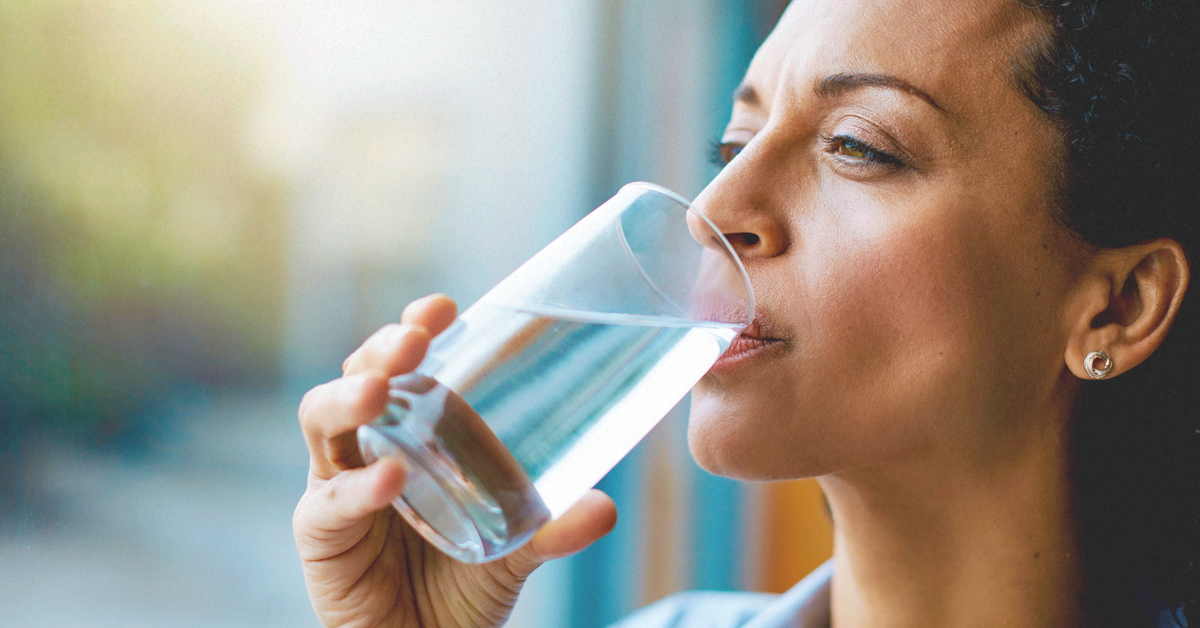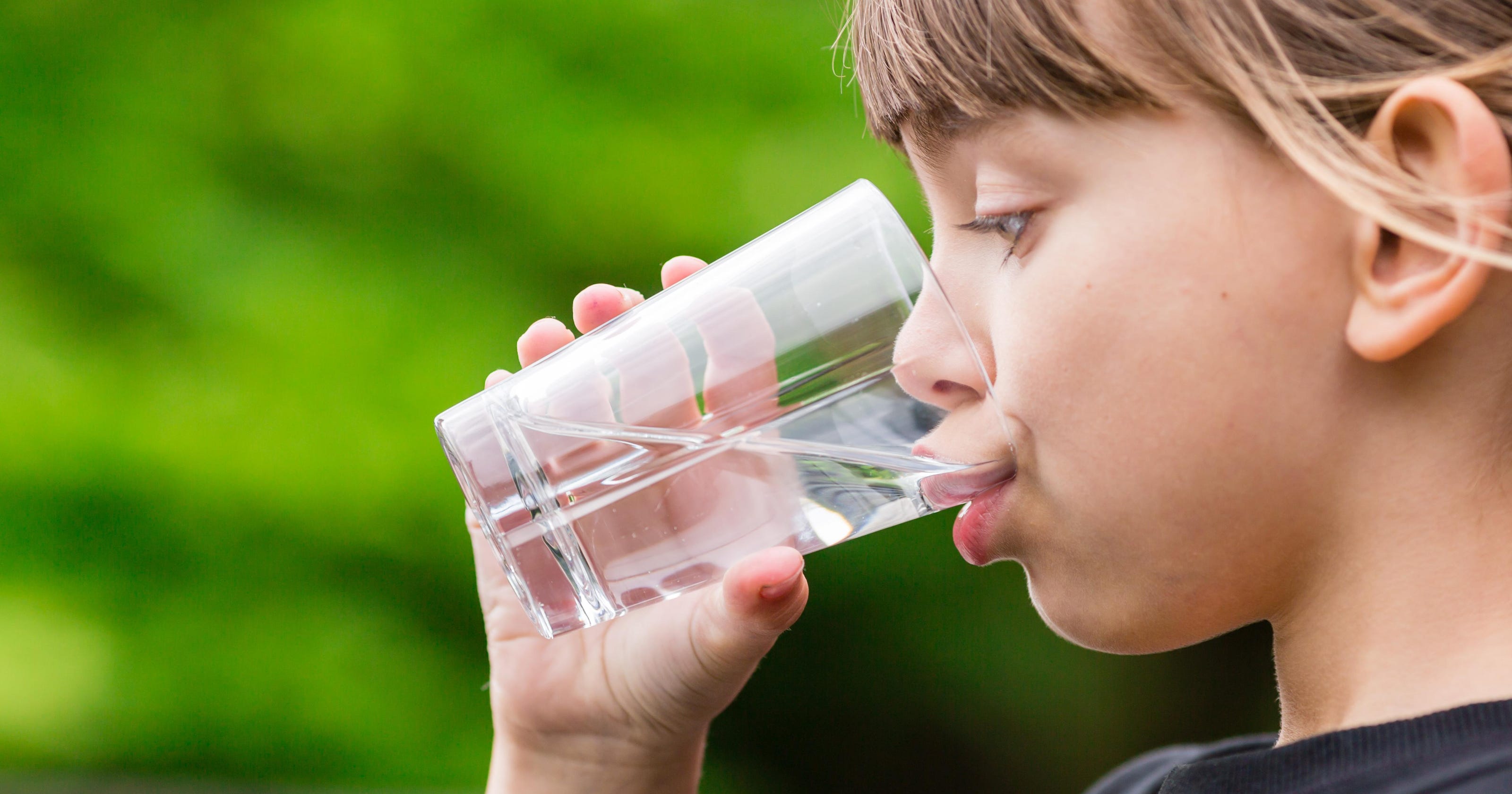Carbonated water (also known as soda water, glowing water, fizzy water, water taking into account gas or (especially in the U.S.) as seltzer or seltzer water) is water containing dissolved carbon dioxide gas, either artificially injected below pressure or occurring due to natural geological processes. Carbonation causes small bubbles to form, giving the water an effervescent quality. Common forms include glowing natural mineral water, club soda, and commercially-produced sparkling water.
Club soda and sparkling mineral water and some extra glowing waters contain other or dissolved minerals such as potassium bicarbonate, sodium bicarbonate, sodium citrate, or potassium sulfate. These occur naturally in some mineral waters but are after that commonly other artificially to manufactured waters to mimic a natural express profile. Various carbonated waters are sold in bottles and cans, past some moreover produced on demand by flyer carbonation systems in bars and restaurants, or made at home using a carbon dioxide cartridge.
Carbonated water is a key ingredient in soft drinks: lovely beverages that typically consist of carbonated water, a sweetener and a flavoring, such as cola, root beer, or yellow soda. Plain carbonated water is often consumed as an every second to soft drinks; some brands, such as La Croix, produce unsweetened seltzer products that are lightly flavored by the addition of aromatic ingredients such as necessary oils. Carbonated water is often consumed tainted afterward fruit juice to create glowing punches or other cocktails, or infused with atmosphere by the complement of cut-up roomy fruit or mint leaves.
How Long Can You Live Without Water? Effects of Dehydration
Drinking water: 20% of US kids drink no water at all, study finds
The Importance of Drinking Water for Healthy Skin - Hello Doktor



No comments:
Post a Comment